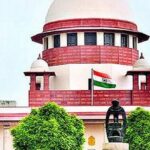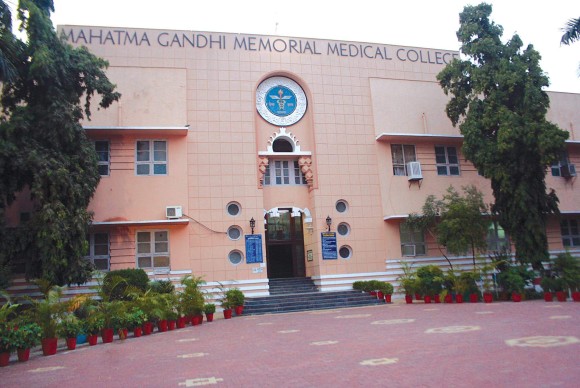
The Uttar Pradesh Government has implemented a more rigorous bond-service policy for Diplomate of National Board (DNB) candidates. According to the new policy, after finishing their courses at district hospitals, these candidates must serve the state for 10 consecutive years. Failure to comply with this requirement will result in a penalty of up to Rs 1 crore. It is worth noting that this policy is not restricted to DNB candidates; the State has clarified that doctors enrolled in PG Degree and Diploma courses will also be obligated to adhere to such bond conditions.
The recent introduction of the 10-year bond service policy was not a new idea, as plans for such a policy had already been established in 2020. the Yogi Adityanath government had determined the bond penalty to be between Rs 20 lakh to Rs 1 crore. The government made this decision as part of their efforts to address the significant shortage of specialists in Uttar Pradesh.
The government has issued an order dated February 10, 2022, which outlines the 10-year bond-service policy for both DNB and PG medical candidates. The guidelines for DNB doctors are as follows:
- Admission to DNB courses (Post MBBS/post Diploma/MBBS Diploma) will only be granted to candidates who have completed three years of service in the department.
- After completing the DNB course, candidates must serve continuously in the Medical Health Department for ten years. If they fail to do so, they will be required to pay a mandatory penalty of Rs 1 crore.
- If a candidate does not get admitted after the last round of counseling for DNB courses, they will have to pay an amount of up to Rs 10 lakh to the State Government.
- If a candidate leaves the course midway after admission, they will have to pay an amount of up to Rs 10 lakh to the State.
- Candidates who leave the course midway will also not be allowed to be admitted to any PG degree or diploma courses for the next three years.
- DNB doctors will receive a salary during the course. However, if they are already receiving a salary or stipend, the department will not provide any additional p
The aforementioned regulations are not exclusive to DNB students. Comparable conditions have been established for MBBS doctors who seek admission to Post MBBS and Post Diploma courses.
For PG Medical Candidates:
- MBBS doctors seeking admission to Post MBBS and Post Diploma courses in hospitals outside the district administration must complete 5 years of service in the department before being granted admission.
- Out of the applicants, 10 doctors who have cleared NEET will be given permission for admission. If the seats remain unfilled, the rest will be filled on a first-come, first-served basis by those who applied later.
- Doctors who take admission in PG medical courses after completing 5 years of service in the Medical Health Department will receive two years of sabbatical and one year of special leave.
- PG medical students must sign a bond committing to serve the state continuously for 10 years after completing their education. If they fail to do so, they will be subject to a penalty of up to Rs 1 crore.
- Candidates who leave the course midway will be ineligible for admission to any PG Degree or Diploma courses for the next 5 years.
Dr. Abhishek Shukla, the Secretary-General of the Association of International Doctors, expressed his support for the government’s decision and stated that it provides an excellent opportunity for government doctors to improve their knowledge levels through pursuing a PG degree, especially for those who joined the service after MBBS.
Dr. Ved Vrat Singh, the DG of Medical Health, mentioned that if candidates pursue the DNB course at a government hospital, they will receive a salary, and if they receive a stipend from a medical institution, they will receive a part of their salary.
Dr. Amit Singh, the General Secretary, and Dr. Sachin Vaish, the President of the Provincial Medical Services Association (PMSA), emphasized the responsibility of government doctors to serve people at government hospitals if they receive the opportunity to study on the basis of their services in the government sector. They further stated that if doctors are unable to fulfill their service obligations, they should pay for the privilege they received.
Dr. Sachin Vaish also highlighted the shortage of specialists in the state and the provision for reservation for in-service doctors in admission to PG medical seats based on their duration of service in rural areas. As a result, these doctors receive extra marks and get placed at the top of the merit list. Therefore, it is expected that after getting admitted to the state using these provisions, doctors will continue their rural or compulsory services for at least ten years after PG. He believes that this is an excellent initiative from the government.
























